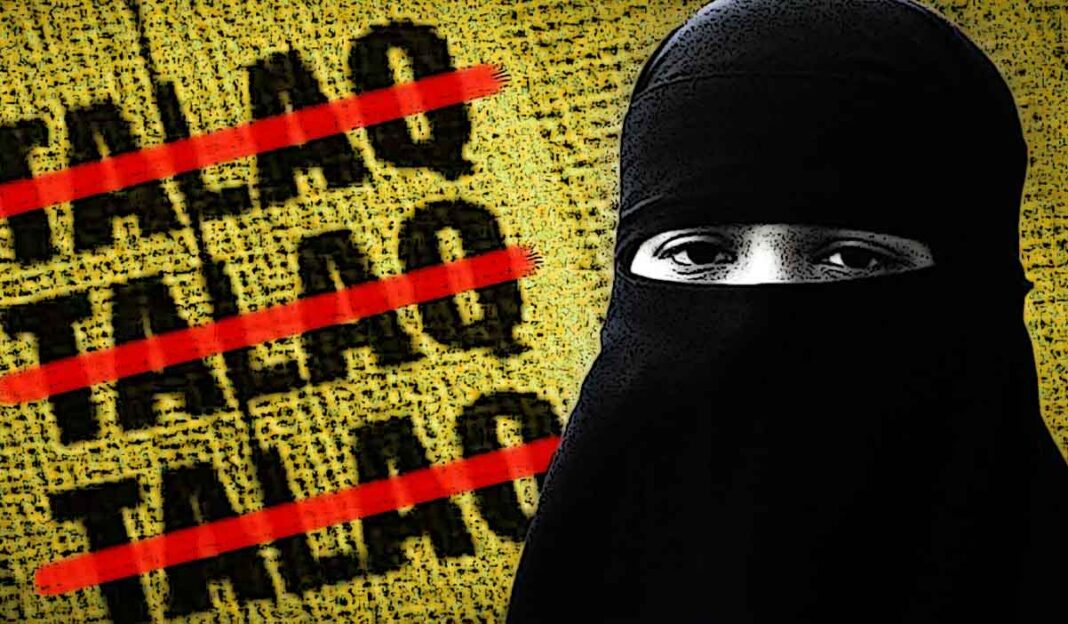Jammu and Kashmir High Court Emphasizes Necessary Conditions for Valid Talaq Pronouncement
The Jammu and Kashmir High Court recently ruled that the mere pronouncement of “Talaak” or “Talaq” (a form of divorce in Islamic law) three times by a husband is insufficient to dissolve a Muslim marriage or evade maintenance obligations towards one’s wife.
Justice Vinod Chatterji Koul emphasized that for a Talaak pronouncement to be valid, several specific conditions must be met, including pronouncing Talaak at specified intervals, doing so in the presence of witnesses, and making sincere efforts at reconciliation.
“For making divorce (Talaak) valid, it is not enough that it is pronounced in presence of two witnesses. The witnesses must be endued with justice as the purpose is to ensure that the witnesses, prompted by their sense of justice, may request and persuade the spouses on the verge of separation to calm down, resolve their disputes and lead a peaceful marital life,” the Court said.
Justice Koul referred to the High Court’s 2012 ruling in *Mohammad Naseem Bhat v. Bilquees Akhter and another* to support this position. He elaborated that a husband attempting to avoid maintenance obligations by claiming divorce must prove several key points:
– Efforts by representatives of both husband and wife to reconcile were unsuccessful.
– There was a valid reason and genuine case for the divorce.
– Talaak was pronounced in the presence of two just witnesses.
– Talaak was pronounced during a period of *tuhr* (between two menstrual cycles) without indulging in sexual intercourse with the wife during this period.
The Court stated, “It is only after the husband pleads and proves all the above ingredients that divorce-Talaak would operate and marriage between the parties would stand dissolved so as to enable husband to escape obligations under the marriage contract, including one to maintain his wife. The Court in all such cases would give a hard look to the case projected by the husband and insist on strict proof.”
The High Court was dealing with a case where an estranged wife had initially secured an ex-parte maintenance order in 2009. This was challenged by the husband and remitted back to a trial court in 2013. In February 2018, the trial court ruled in favor of the husband, finding that the parties were no longer married. However, an additional sessions court overturned this order and mandated the husband to pay ₹3,000 monthly maintenance to the wife. The husband then challenged this decision in the High Court in 2018.
The petitioner clarified that he did not pronounce instant triple talaq, which was declared unconstitutional by the Supreme Court in the *Shayaro Bano* case. He also presented a *Talaknama* (divorce deed) to the Court. However, the Court found these arguments unconvincing.
“Petitioner has placed on record copy of Talaknama … penultimate paragraph thereof reveals that petitioner in order to put an end to the wedlock has made three pronouncements of Talak, thereby declaring that he has divorced her and relieved her out of the wedlock. According to the petitioner, he has conveyed Talaknama to respondent (wife). It may be made clear that such a practice in law is deprecated,” the Court said.
The High Court determined that the man was rightly ordered to pay maintenance, noting that there were no proper reconciliation efforts made by the husband to resolve the marital discord. Consequently, it upheld the revision court’s judgment and dismissed the appeal.
Share your news, articles, deals, columns, or press releases with us! Click the link to submit and join our platform today.


